A survival guide for Easter Sunday lunch

Christmas dinner? Done. Mother’s Day? Sorted. Only one big cooking hurdle left for the first half of the year then: Easter lunch. Luckily it’s also one of the simplest to do well, and whilst the traditional choice may be roast leg of lamb, some minor variations can make for a more interesting menu and, perhaps more importantly, a more relaxed day, especially if you’re cooking for a group. The key is not to overcomplicate things.
Keeping all this in mind, lamb remains our meat of choice for Easter. If you’re cooking for smaller numbers, rabbit might make a reasonable alternative if you’re looking for something slightly more left-field with a springtime connection, but cooking rabbit well can be fraught with difficulties, especially if you’re catering for a large family. Lamb, whilst being seasonal, is also an unusually forgiving meat insofar as it has a very distinct flavour, whether you manage to pull of the perfect medium-rare or the third glass of wine leads to you overcooking it. This flavour can go a long way to compensating for an overdone piece of meat, compared to say chicken or beef which can become tasteless and dry.
Our main piece of advice when it comes to lamb is to forego the traditional Easter leg altogether and choose a slow-cooking cut instead that you can just forget about. Lamb shoulder is a good option, braised slowly for a few hours on a bed of onions and garlic, and for that matter any other veg you wish to serve with it. Or use even more flavourful but relatively inexpensive cuts, such as neck or breast, which offer meat that can be eaten with a spoon after a few hours’ cooking.
When it comes to potatoes, why not branch out from roasties and throw open the door to more exciting preparations? After all, Escoffier lists over 50 different ways to cook potatoes, so there are definitely other things worth trying. We like boulangère potatoes; there are infinite variations, but in essence thinly sliced potatoes are layered with fried onions, covered in chicken stock and baked until cooked through. Think of it as a variation on the sometimes too rich dauphinoise potatoes.
For many, Easter comes with a surplus of chocolate, and it is for precisely this reason that you should not serve a chocolate dessert. The idea that it is only children who will manage to eat an entire Easter egg before their lunch is a fallacy. Go with a fruit-based dish to cut through the richness of the lamb, and the very probably cloying aftertaste of an entire chocolate egg. Forced rhubarb is still in season and, besides maintaining its vibrant, beautiful pink colour, it offers a freshness and acidity that will contrast with the fattiness that has preceded it and cleanse the palate. For a simple dessert you could cook down the rhubarb with a little sugar to make a compote and stir through some lightly whipped cream to make a rhubarb fool, then serve with some shortbread. Or, for something more substantial, perhaps try a rhubarb crumble with a little apple in the mix as well, depending on the tartness of your rhubarb.
The best part of this menu is not necessarily the food, but the fact that it can all be done in advance, and will actually benefit from it. Slow-cooked meats are universally better reheated the next day after they have had the chance to sit in their braising liquor overnight. Similarly, cook the boulangère potatoes on a low heat till cooked through, chill overnight until set, then just put in a high oven for 45 minutes when you want to eat, to crisp the top and warm through. And finally, the rhubarb can be made well in advance and stirred though the lightly whipped cream just before serving.
So there you have it. Get the prep out of the way on Saturday and, come Sunday, your focus can be placed where it well and truly should be: on seeing how much chocolate you can eat before the meal.
Jack Lury

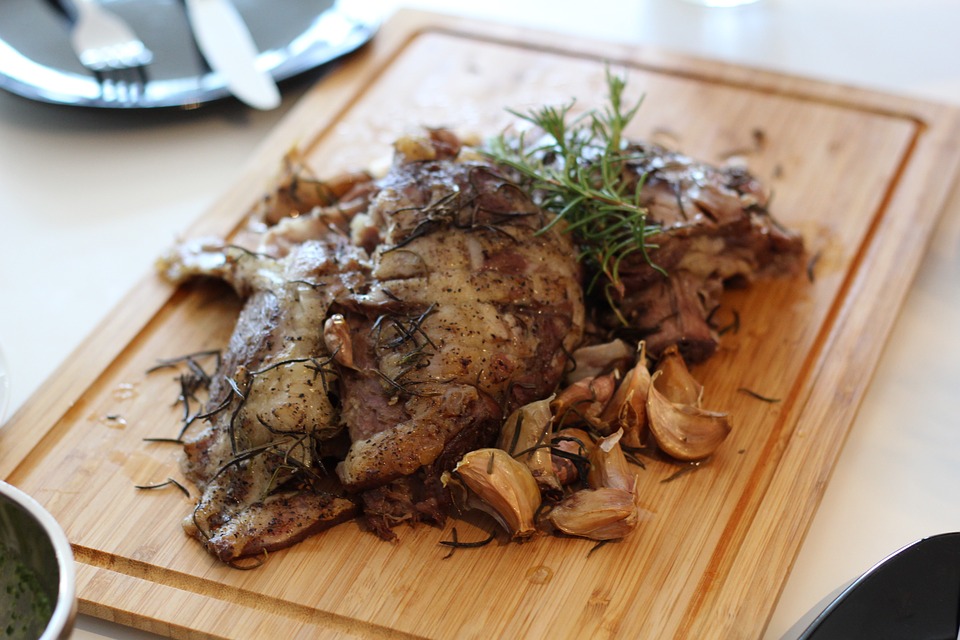
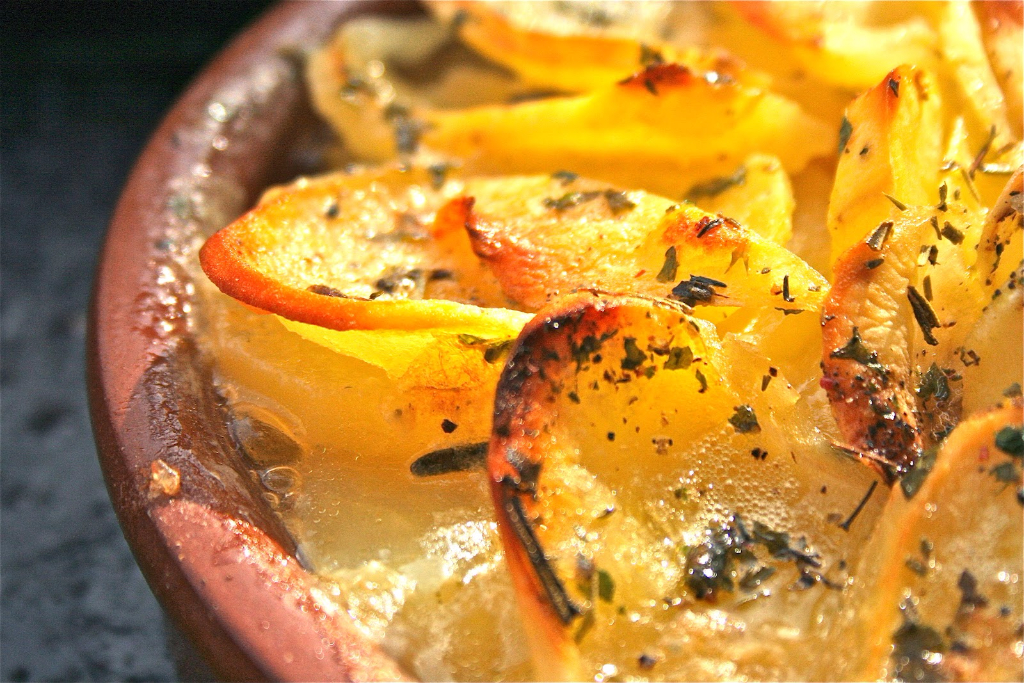

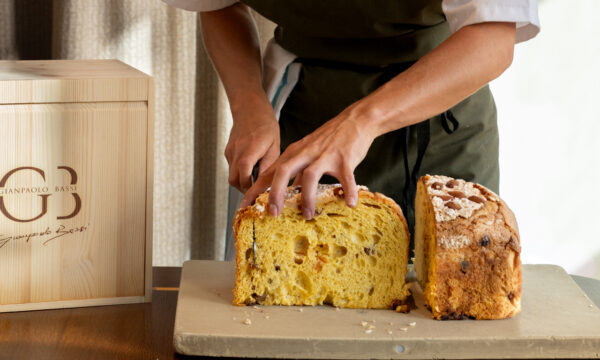
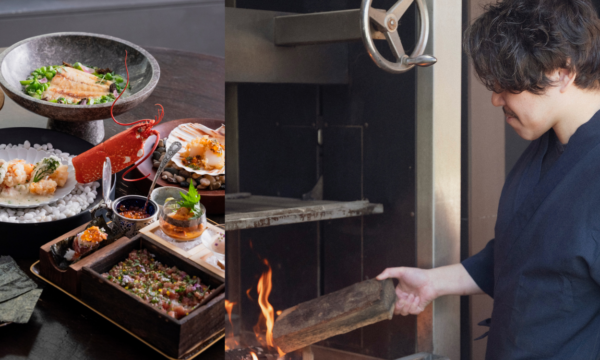


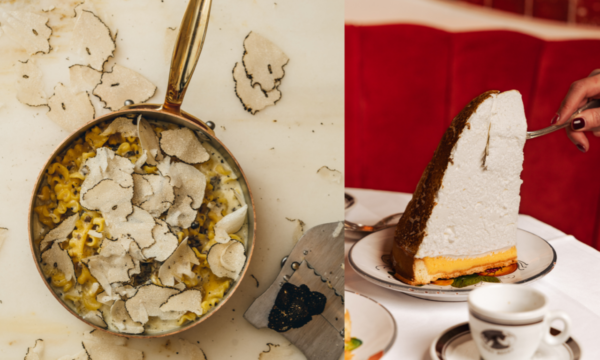
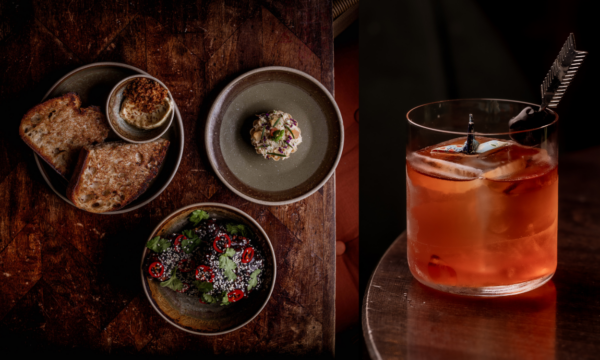
















Facebook
Twitter
Instagram
YouTube
RSS